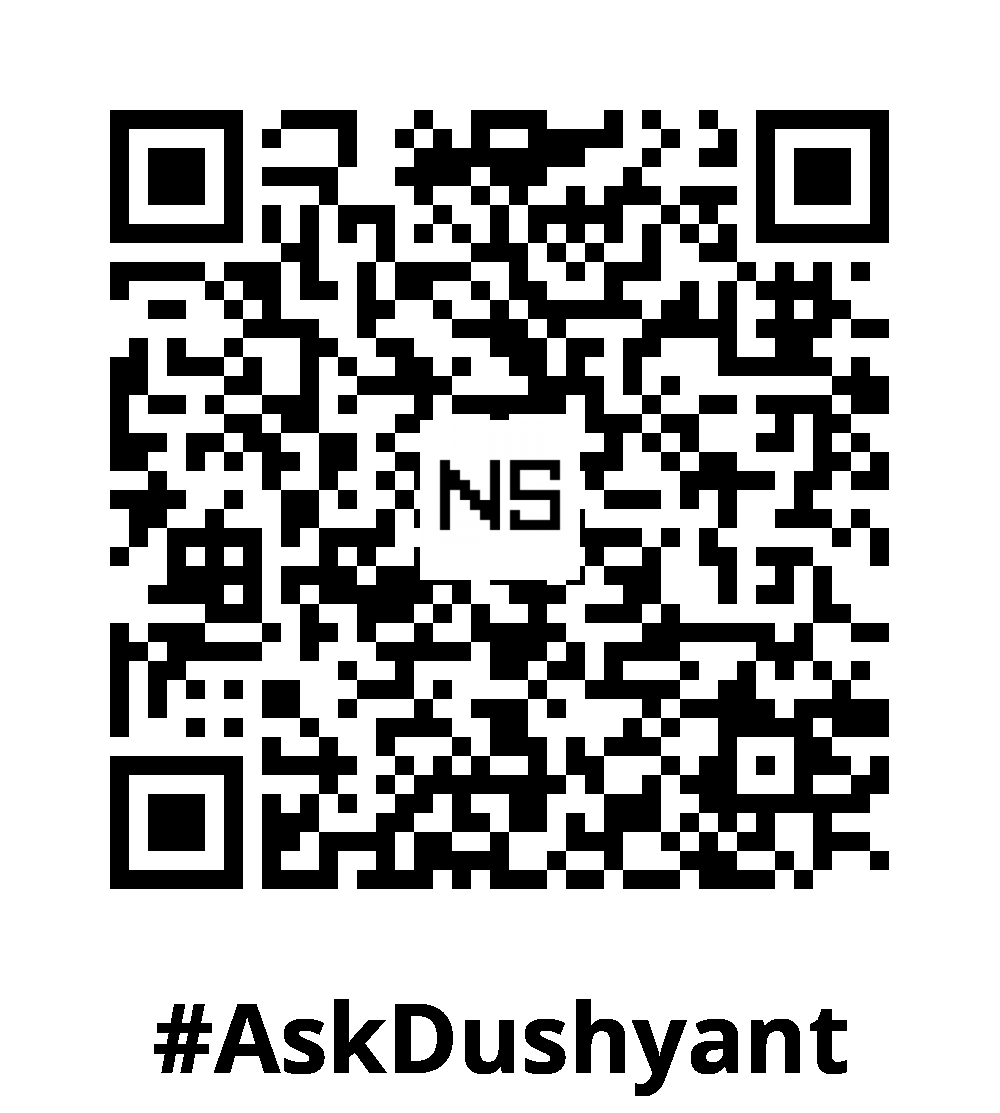Laravel, a popular PHP framework, offers an elegant and efficient foundation for building microservices with a focus on scalability and maintainability. Let’s analyze Laravel as a microservices framework, dive into its best use cases, provide a sample code snippet, showcase how to deploy Laravel microservices on the AWS cloud platform, and conclude with a microservice that leverages Laravel’s capabilities for seamless integration. By the end of this article, you’ll have a deeper understanding of harnessing Laravel for microservice development and enabling robust and scalable applications.
Laravel as a Microservices Framework
Laravel, known for its expressive syntax and developer-friendly features, can be effectively utilized as a microservices framework. Its modular design, rich ecosystem, and powerful abstractions make it an excellent choice for building decoupled and scalable microservices. Laravel provides essential components such as routing, ORM (Object-Relational Mapping), caching, and authentication, simplifying the development of microservices and allowing developers to focus on core business logic.
Best Use Cases for Laravel Microservices
Laravel microservices excel in various use cases, including:
- RESTful APIs: Laravel’s routing system and API-centric features, such as resource controllers and API authentication, make it ideal for developing microservices that power RESTful APIs, enabling seamless integration with client applications.
- Event-Driven Systems: Laravel’s event broadcasting and job queues make it suitable for building microservices that handle event-driven systems, event sourcing, and asynchronous processing.
- E-commerce and Subscription Platforms: Laravel’s robust features, including ORM and payment gateway integrations, make it well-suited for developing microservices that handle e-commerce, subscription management, and online payment processing.
- Content Management Systems (CMS): Laravel’s templating engine, built-in CMS functionalities, and dynamic content management capabilities make it a strong choice for developing microservices that handle content creation, publishing, and customization.
Sample Code
To illustrate Laravel’s capabilities as a microservices framework, consider the following code snippet for a basic Laravel microservice:
<?php
namespace App\Http\Controllers;
use Illuminate\Http\Request;
class GreetingController extends Controller
{
public function index()
{
return response()->json(['message' => 'Dushyant Say’s, Laravel is for Tech Artesian!']);
}
}<?php
use Illuminate\Support\Facades\Route;
Route::get('/askdushyant', 'GreetingController@index');In this example, we define a GreetingController class that handles the /askdushyant endpoint. The index() method returns a JSON response with a greeting message. Laravel’s expressive syntax and integrated response helpers simplify the development of microservices with clean and readable code.
Deployment on AWS Cloud Platform
Deploying Laravel microservices on the AWS cloud platform involves leveraging various services provided by AWS. One approach is to use AWS Elastic Beanstalk, which simplifies deployment by handling infrastructure provisioning, auto-scaling, and load balancing. Another method is to containerize the Laravel microservice using Docker and deploy it on AWS Elastic Container Service (ECS) or Elastic Kubernetes Service (EKS).
My Tech Advice: Laravel truly lives up to its reputation for artisans. With its elegance, reduced development time, and scalability, it stands out as an exceptional microservices framework for building robust, maintainable applications. Laravel’s expressive syntax, modular design, and extensive ecosystem, developers can develop microservices with ease and focus on delivering business value. By Utilising Laravel’s capabilities, businesses can unlock the potential of scalable applications and seamless integration within their ecosystems.
#AskDushyant
#TechAdvice #TechConcept #Laravel #PHP #Microservices #TechTool


Leave a Reply